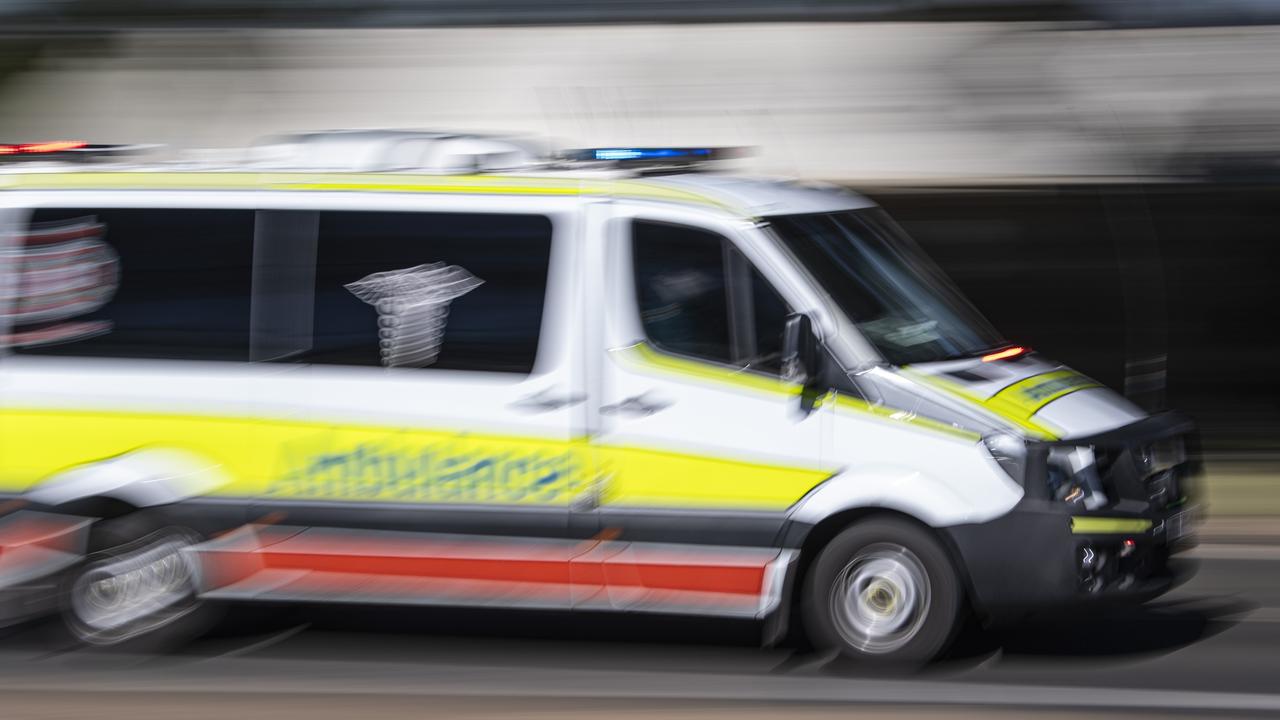Cheaper fuel, 50c fares slash Brisbane household transport costs by $3k
Falling world oil prices and 50 cent public transport fares are set to save Brisbane households $3300 a year – the biggest transport saving in the country.

QLD News
Don't miss out on the headlines from QLD News. Followed categories will be added to My News.
Fifty cent fares and falling fuel prices have slashed $3000 a year off transport costs for Queenslanders in the first price drop in two years, new data has revealed.
Sunshine State households have saved an annualised $3316, or 12.5 per cent, the biggest by far of any state or territory in Australia.
The former Labor state government’s 50c fares were a big contributor, peak motoring group the Australian Automobile Association said.
New Transport Minister Brent Mickelburg announced on the weekend that the fares would be permanently locked in, keeping a key election promise after Labor also campaigned on permanent 50c fares.
Canberra and the Northern Territory, which also offered free public transport, would likely see a spike in transport costs later this year because those incentives have now ended.
AAA managing director Michael Bradley said inflation relief was welcome but transport costs remained a major pain point for many households.
“Transport costs are significantly higher than they were before the pandemic,” Mr Bradley said.
“The typical Australian household’s transport costs have risen from 13.9 per cent of its income in September 2019 to 16.1 per cent in September 2024 transport.
“Transport is a significant and unavoidable expense and rising transport expenditure is also one of the key drivers of inflation.
“Governments at all levels must consider these cost pressures when formulating policy.”
The Australian Bureau of Statistics September quarter data showed inflation had dropped 0.2 per cent nationally, with lower transport costs a major contributor.
AAA’s latest Transport Affordability Index showed that Australian typical household transport spending dropped 2.6 per cent to about $24,000.
Brisbane’s $3316 drop was well ahead of the $436 drop in Townsville.
The regional average price drop was only about 1.4 per cent.
Falls were also much more modest in Melbourne (down $297), Perth (down $104), Adelaide (down $164) and Hobart (down $375).
RACQ affordability spokesman Ian Jeffreys the cost of fuel had fallen by nearly $8 per person per week due to a drop in global oil prices.

“Public transport commuters living in the outer suburbs are now also saving nearly $55 per week, with a return fare to work costing only $1,’’ Dr Jeffreys said.
“We support the continuation of 50 cent fares as a strong cost-of-living measure, but we know cheap fares are not a silver bullet solution to boost commuter numbers and alleviate congestion in the long-term.
“Public transport needs to be the better option for people for them to change how they move around our region and that means services must not only be affordable, but also fast, frequent, and direct.
“Over the next few years, planning needs to centre around improving the reach and frequency of our public transport network to cater for our region’s rapidly growing population, while preserving its cherished liveability and lifestyle.”
The AAA is the nation’s peak motoring body, representing Australia’s state-based motoring clubs and their 9.3 million members.





